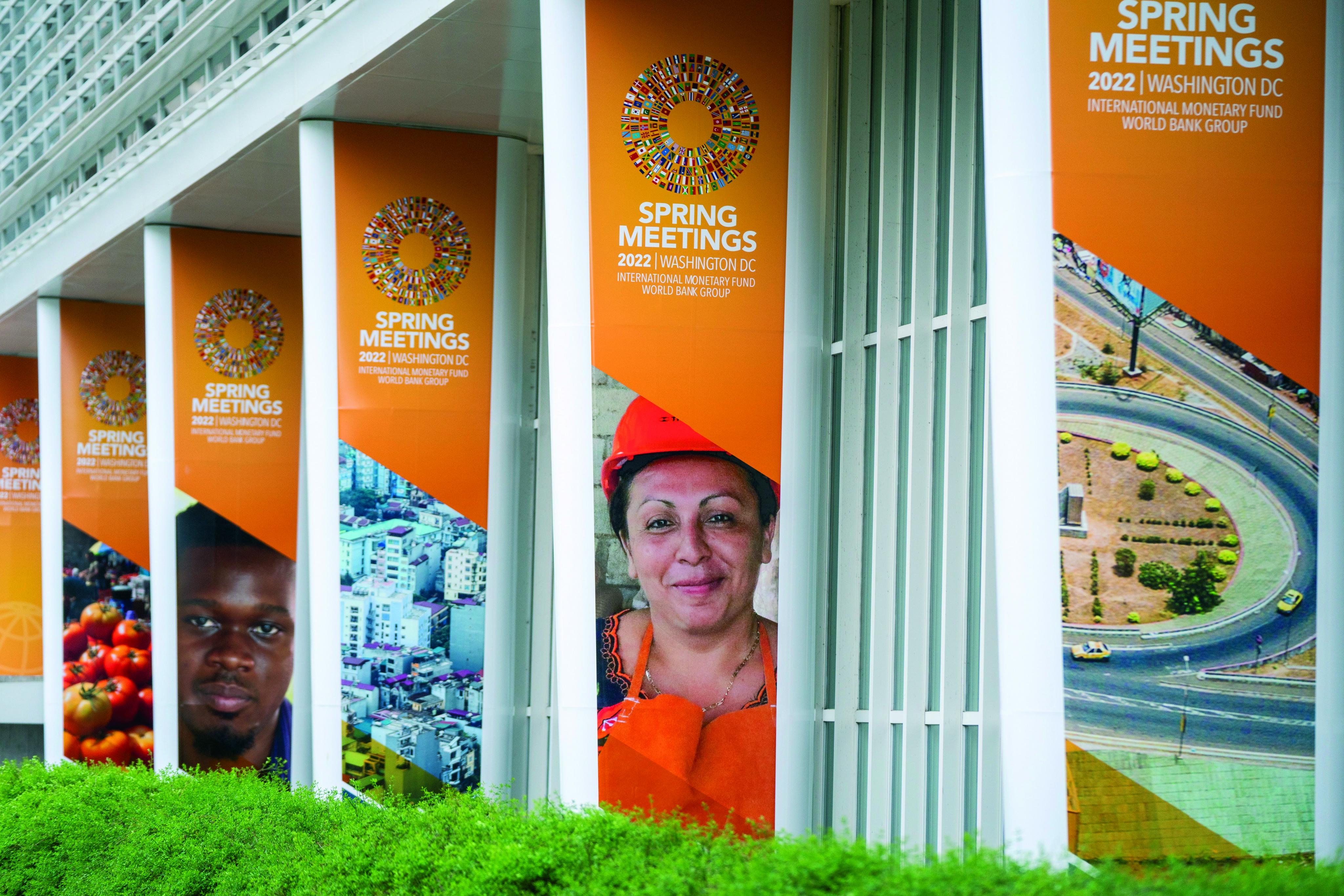International community should act to prevent atrocities
Making matters worse, it has been apparent for some time that the government, which is dominated by the Dinka tribe, is preparing genocidal violence. UN human-rights experts say that the international community has “an obligation to prevent ethnic cleansing”.
The Dinka make up about 40 % of South Sudan’s people. The president belongs to their community, and so do other top leaders. Observers – both in South Sudan and outside the country – speak of various “early warning signs” that indicate the likelihood of genocidal violence:
- Last year, South Sudan was divided into 28 states, and each state has a Dinka majority. That was not so when the country was previously organised in 10 states. Today, all top leadership positions are held by Dinkas.
- Accordingly, this ethnic group is also in control of government-run radio and TV broadcasting. On the other hand, many non-governmental broadcasters have been shut down. Journalists are being threatened and foreign correspondents have been told to leave the country.
- Minority groups are being called “rats”.
- Violence has been flaring up in Equatoria, the country’s most fertile region, which was comparatively peaceful in recent years. The government is evacuating Dinka people from Equatoria, ostensibly to protect them from violence. Experts warn, however, that this kind of evacuation will make it easier to launch full-blown attacks on the rest of the population. On the other hand, fighters form minority groups often attack civilian Dinkas instead of the Dinka-led security forces.
- It is well known, moreover, that economic frustration is often a driver of ethnic resentment. South Sudan’s inflation rate is at 800 %.
The situation is ominous. It reminds observers of Rwanda, where similar signs were evident before the genocide of 1994. Back then, the international community agreed that atrocities of this kind must never be tolerated again. Unfortunately, it does not look as though decisive action will be taken now to prevent a similar disaster in South Sudan. The USA is busy with its presidential transition, the EU is struggling with multiple crises and important countries like Russia or China are less prone to cooperate with the west than they were in the 1990s. The UN Security Council has not found consensus on Syria, and many governments have become weary of international entanglements.
On the upside, consensus on South Sudan should be feasible, and all parties involved have an interest to prove that they are willing to cooperate. The least every foreign government could do, however, is to stop arms shipments to South Sudan.












